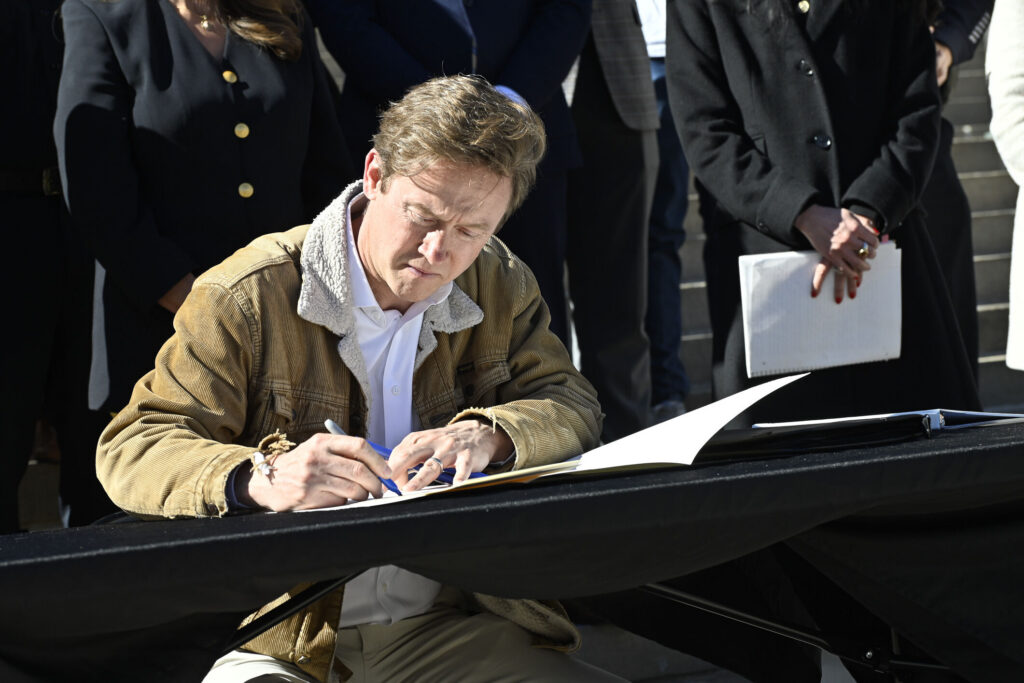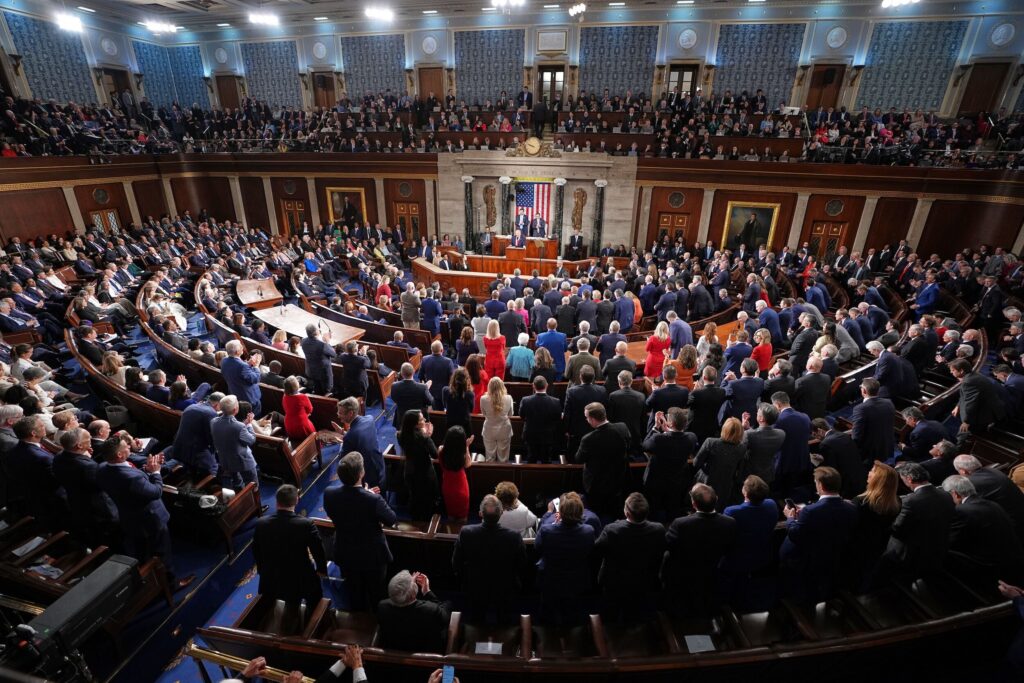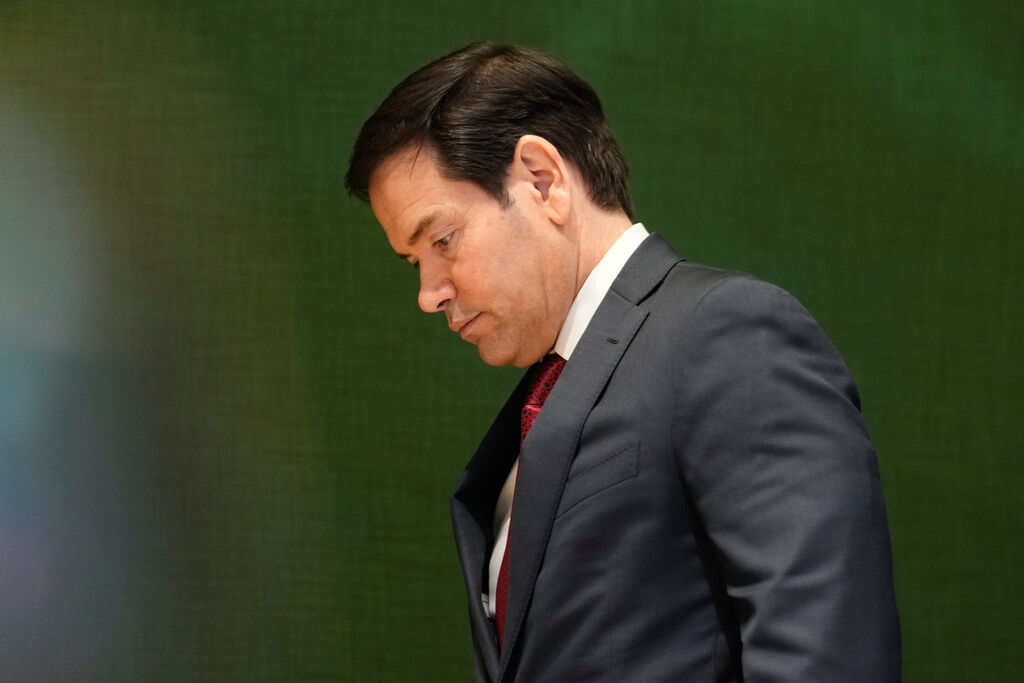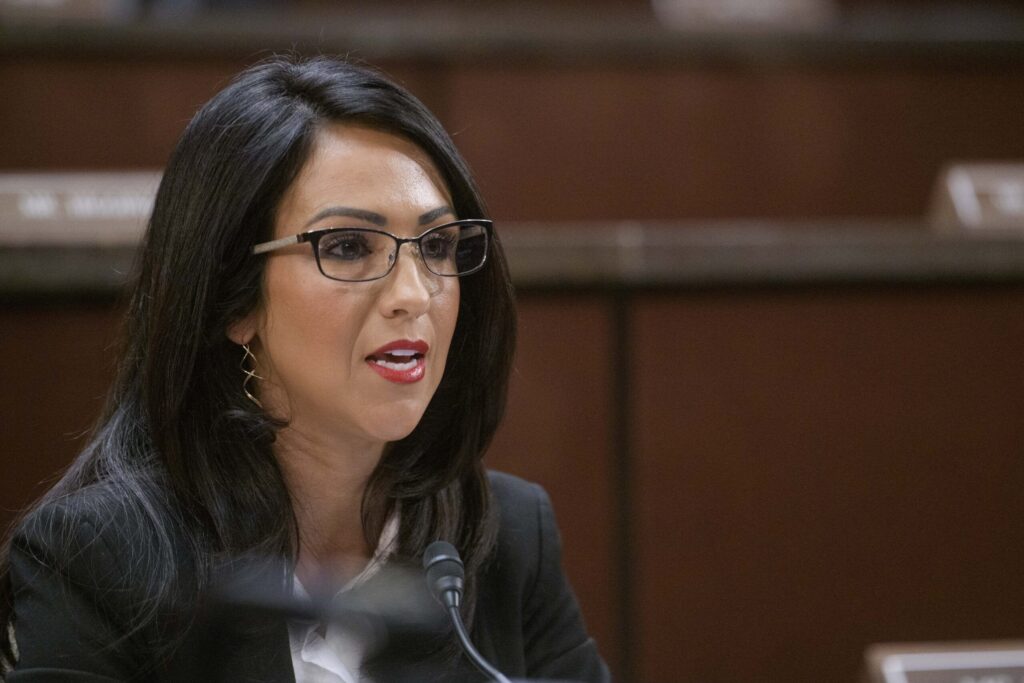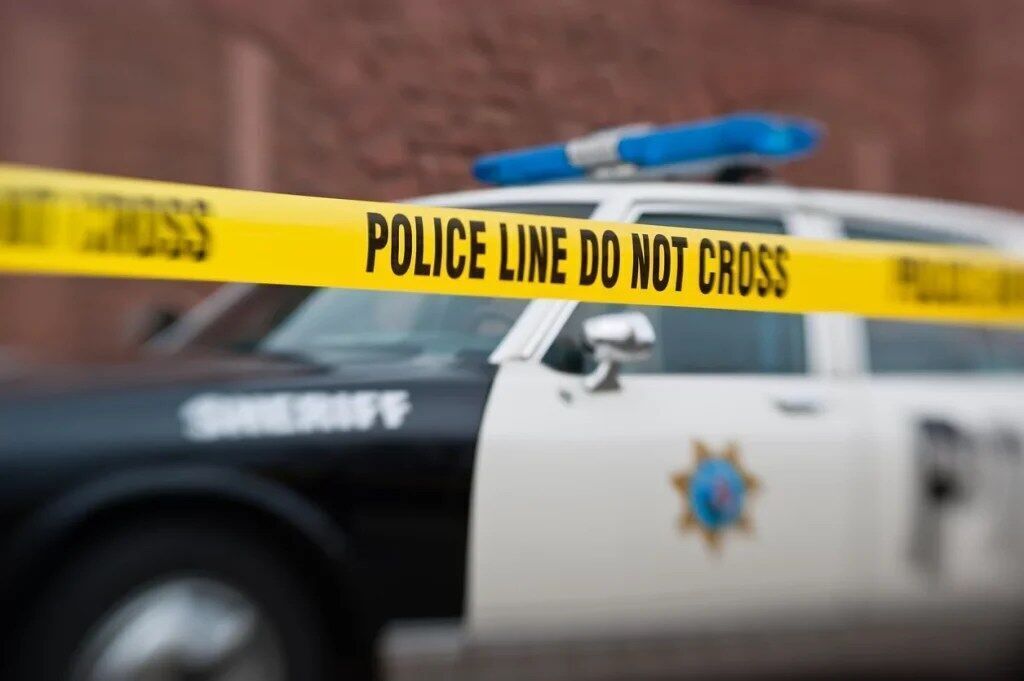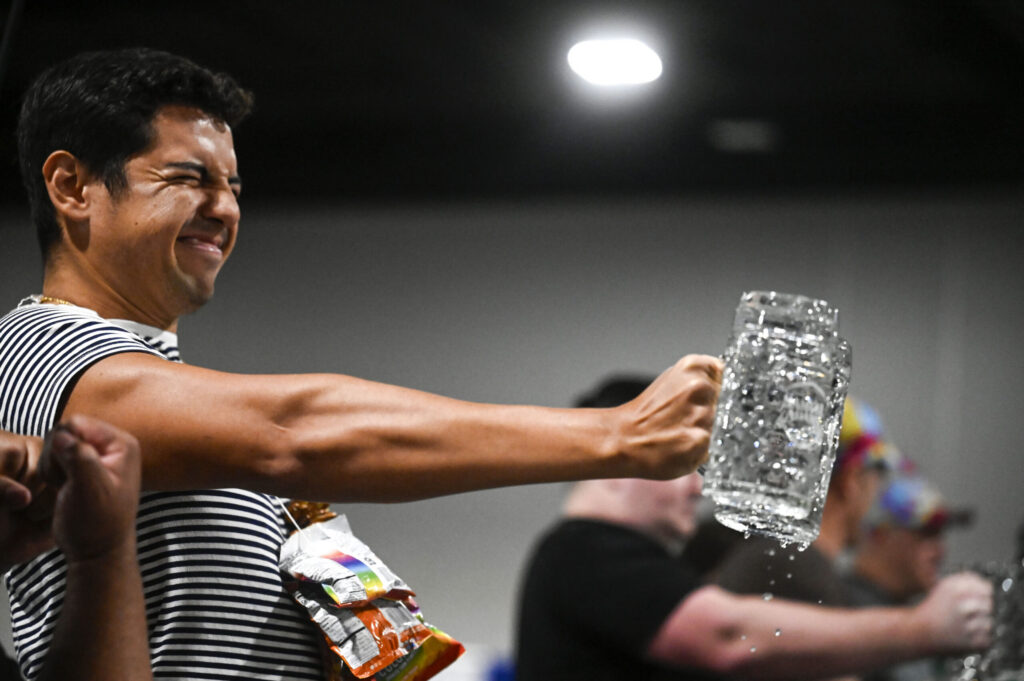Gov. Hickenlooper threatens to veto legislation extending bar closing hours
Gov. John Hickenlooper is threatening to veto legislation that would allow local governments to extend bar hours past 2 a.m.
In a letter Wednesday to House Speaker Crisanta Duran, D-Denver, and Senate President Kevin Grantham, R-Canon City, Hickenlooper said he is “unpersuaded that extending alcohol service hours will enhance public safety or lead to less intoxicated driving.”
The governor, a Democrat and former barkeeper, urged the legislature to either scrap House Bill 1123 altogether for a study on public safety impacts, or present “conclusive evidence and data demonstrating that public safety will not be harmed.”
“There are certain public safety matters requiring statewide uniformity,” Hickenlooper writes. “Before bar closing hours are deemed to no longer require such uniformity, there should be substantial confidence that public safety will not be harmed.”
The bill, which has bipartisan sponsorship, passed the House on a vote of 38-27 last month. It advanced past the Senate Business, Labor and Technology Committee Monday on a vote of 4-3, with only Republicans backing the measure.
The bill is scheduled to be heard on the Senate floor Thursday morning for an initial vote, where it is sponsored by Sen. Vicki Marble, R-Fort Collins. Sponsors could ask to delay action on the measure as stakeholders continue to hold meetings.
Under current law, bars are prohibited from serving alcohol between 2 a.m. and 7 a.m.
Sponsors of the bipartisan bill, including Reps. Steve Lebsock, D-Thornton, and Dan Thurlow, R-Grand Junction, suggest that different hours would allow law enforcement a better chance to catch drunk drivers, as people wouldn’t all be spilling onto the roads at 2 a.m after drinking. The scene in downtown Denver at 2 a.m. can be hazardous, proponents argue.
But opponents, including Mothers Against Drunk Driving, argue that allowing towns to set staggered bar hours could encourage late-night barhopping between municipalities.
Hickenlooper shared some of those concerns, suggesting that proponents should conduct an evidence-based study demonstrating that later or staggered closing times do not increase public safety hazards, including DUI offenses.
“Given that absence, we remain uncomfortable with such a shift in law,” the governor writes.
He goes on to point to “limited reviews” on the topic, including “several reports” indicating that later or staggered bar closing hours could adversely impact public safety.
Hickenlooper highlights a “2012 European study” that concluded that each additional one-hour extension of bar closing hours resulted in an increase of 4.8 assaults – a 16 percent increase in violent crimes.
He also pointed to a “2007 study” that showed that once a municipality extended its closing hours, there was an increase in DUI stops of drivers from adjacent counties traveling into a county with later bar hours.
A final 2014 study the governor pointed to that was reviewed by Metropolitan State University of Denver “demonstrated that no conclusive evidence exists that lengthening bar hours would result in fewer violent crimes,” the governor writes.
The letter also underscores that intoxicated driving is “among the greatest hazards for Colorado drivers, pedestrians, and bicyclists.”
There were 196 fatalities in 2016 in Colorado due to accidents involving drugs or alcohol, according to Colorado Department of Transportation statistics cited by the governor.
“Before liquor licensed establishments are allowed later closing hours, or staggered hours across municipal boundaries, conclusive evidence should be presented demonstrating that such a change would not contribute to more DUI offenses,” Hickenlooper wrote.
Lebsock, however, says supporters will be providing data to show that extended hours are safe and “promotes Coloradans belief in the ability of people to govern themselves.”
“We don’t need a nanny state telling us what to do,” said Lebsock, a potential candidate for governor next year.
He points out that current law allows cities to create so-called “entertainment districts,” which allows last call to happen after 2 a.m.
“If the argument against is: we believe having different closing times allows the opportunity for more mistakes to happen … that’s current law,” Lebsock said. “The state should not be picking arbitrary numbers.
“This bill allows our local governments to make the decision based on what is best for their communities. Our cities and counties working with their local law enforcement and local businesses should be the ones making this decision, not the state.”
But Hickenlooper appeared to take a jab at the local-control argument, pointing out that he vetoed legislation in the past that would have banned red-light cameras statewide. The legislation would have taken control away from local governments, Hickenlooper argued.
The red-light camera bill last year was sponsored by Lebsock.
“Colorado values local authority and trusts our city councils and county commissions …” Hickenlooper wrote in his letter Wednesday to legislative leaders. “In the past, we have even vetoed legislation that did not respect this firmly held principle. However … such legislation with potential impacts on safety merits the highest scrutiny, and should be backed by clear and supportive data and analysis.”



